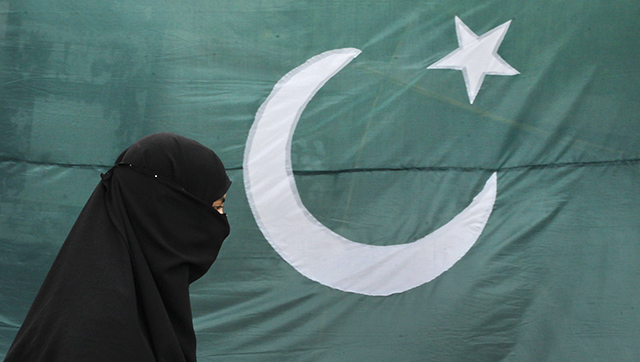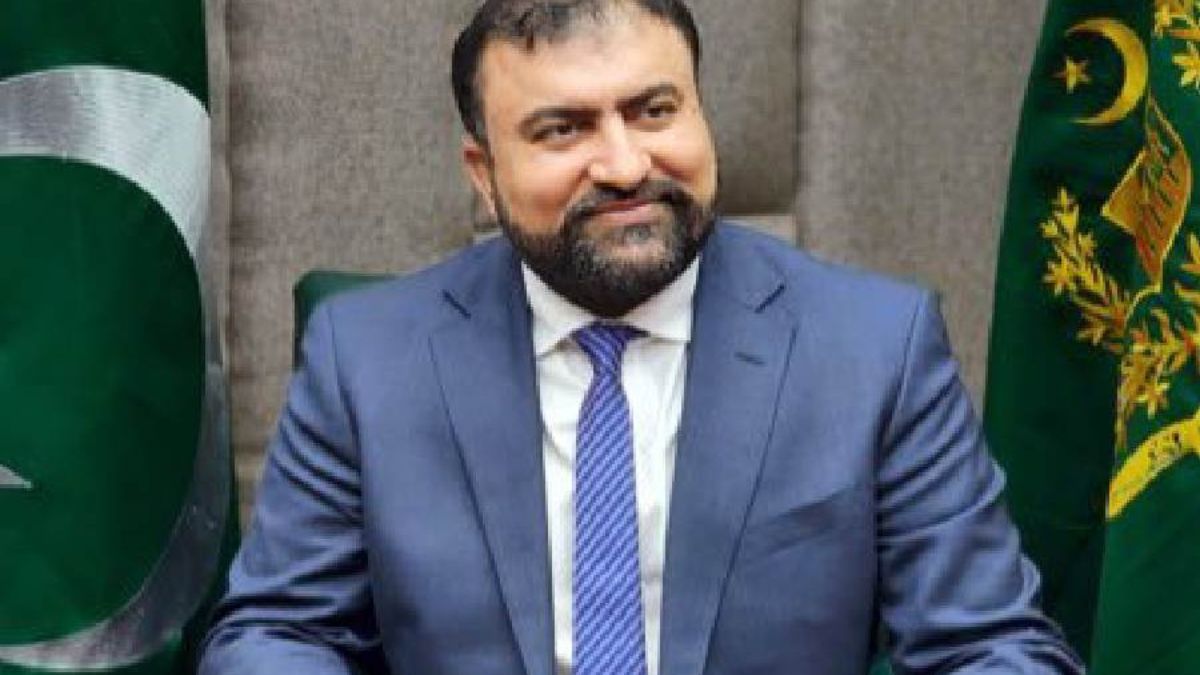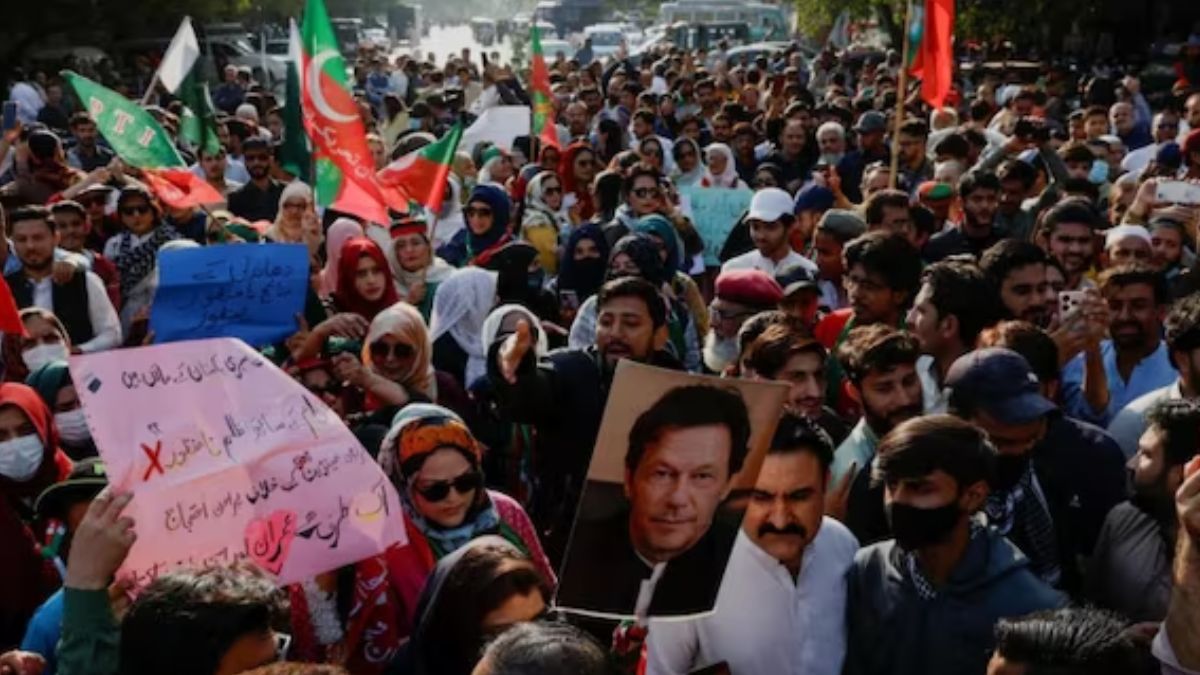In the complex web of global diplomacy, alliances and friends are always calibrated. In recent years, there has been a noticeable shift in the dynamics between Arab countries and Pakistan.
In fact, during the recent G20 summit, Saudi Crown Prince Mohammed Bin Salman Al-Saud and the President of the United Arab Emirates (UAE) Mohammed Bin Zayed Al-Nahyan, visited India and returned, while there was no halt in Pakistan to engaging in any bilateral ties.
While there could be multiple reasons for this change, it is essential to examine the possible factors that have contributed to what appears to be a growing indifference towards Pakistan in the Arab region.
There could be multiple reasons ranging from the lack of governance to the rise of religious extremism, from anti-Arab sentiments to the perceived threat of exploitation of Arab resources. Experts have started to speculate about the growing distance between the Arab nations and the Islamic Republic of Pakistan.
However, Saudi Arabia and UAE will not forsake Pakistan fully, because of its strategic location, its status as a nuclear-armed nation, and its role as a major Muslim country in South Asia make it a valuable partner for these Arab nations. Moreover, creating new adversaries by mere forsaking, won’t be something the Arab nations would like.
Lack of stability and governance
The apparent indifference of Arab nations towards Pakistan in recent years can be largely attributed to concerns about Pakistan’s stability and governance.
Pakistan has grappled with a series of formidable challenges, resulting in an unstable political landscape and hindered economic progress. Consequently, this has led to a diminished level of credibility on the global platform.
The primary contributors to this instability are rooted in internal issues, including corruption, political discord and governance deficiencies. No prime minister in Pakistan has served the full term. They were either cooed or assassinated.
The prevailing “dog-eat-dog” phenomenon within Pakistan has, regrettably, acted as a regressive force, pulling the nation back into what feels like medieval times. This cutthroat environment, marked by ruthless competition has hampered the country’s progress and development.
Just like any other nation, Arab countries seek to engage in partnerships with nations that exhibit stability and reliability, as these qualities are pivotal in fostering positive contributions to regional development.
Loyalty and Trust in Arab-Pakistani Relations
Arab countries’ perceptions of Pakistan are influenced significantly by the concept of loyalty and reliability as a friend.
Historically, Saudi Arabia, in particular, has been a steadfast supporter of Pakistan, offering substantial support, including financial bailouts and significant investments.
However, Pakistan’s ongoing challenges in repaying loans and recurrent financial crises have raised legitimate questions about its loyalty and commitment as a trusted partner.
In international diplomacy, every nation seeks stable and self-sufficient allies. When a country finds itself mired in financial turmoil and unable to meet its financial obligations, it inevitably strains its relationships with other nations.
This financial instability becomes a focal point in assessing the reliability of a partner. Consequently, addressing these financial challenges becomes paramount for Pakistan if it hopes to rekindle the trust and respect of its Arab counterparts.
Anti-Arab sentiments and extremist propaganda during Imran Khan’s era
Under the leadership of Prime Minister Imran Khan, Pakistan found itself embroiled in what can only be described as a concerning period marked by anti-Arab sentiments and propaganda campaigns, particularly targeted at Mohammed bin Salman (MBS), the Crown Prince of Saudi Arabia.
These actions not only raised eyebrows but also contributed to animosity and mistrust in international relations.
One notable incident during this time was Pakistanis’ criticism of the United Arab Emirates decision to allow the construction of Hindu temples within its borders. While nations must have the freedom to make sovereign decisions regarding their domestic affairs, such criticisms suggested a lack of sensitivity to the UAE’s cultural and religious diversity.
Similarly, Pakistanis’ vocal opposition to the normalisation of diplomatic relations between the UAE and Israel further exacerbated criticisms.
Moreover, within Pakistan, a significant portion of the YouTube community actively promoted Islamist figures such as Israr Ahmed, Mirza Engineer Jhelumi and Khadim Rizvi among others. These individuals often espoused extremist views, exemplified by the use of the term “Waelul-lil-Arab,” which translates to “Destruction is for the Arabs”.
So-called Pakistani YouTube analysts like Mubashir Luqman and Imran Riaz Khan played a significant role in painting Mohammed bin Salman as a deviant figure who was allegedly tampering with the tenets of Islam. The baseless conspiracy theories that claimed MBS was constructing the NEOM city to welcome Dajjal - ‘Anti-Christ’, gained traction and had a substantial online following.
This misinformation campaign, fuelled by these analysts, contributed to the spread of false narratives against the Arabs. Such rhetoric not only further deepened the divide but also undermined the prospects of fruitful diplomatic relations.
Expatriate attitudes and their impact
While Indians, Americans, British, Sri Lankans and others typically come to these nations, earn their livelihoods and eventually return to their home countries, Pakistani expatriates sometimes exhibit a different mindset—one that involves laying claims over the resources of Gulf nations.
This trend has not gone unnoticed, and there are concerns that it could potentially lead to problems in host countries.
One particularly troubling example of this behaviour was exhibited by the hardliner cleric, Salman Hussein Nadwi, who maintained close associations with banned preachers Salman Audah and Yusuf Qardawi. Nadwi went as far as suggesting that the revenue of Saudi Arabia should be considered the property of the entire Muslim Ummah, and thus, Saudi Arabia should share its wealth with all Muslims.
Such claims and narratives, propagated by individuals like Nadwi, can potentially create discord and complications in the countries that host expatriate workers. They disrupt the harmony of the host nations.
Moreover, many Pakistanis behave or act as if they are the sole protectors of Islam and Muslims. They often talk negatively about Arab leaders and governments in their private conversations, criticising them for not following Islam as they see it.
It’s important for them to understand that this kind of meddling and interference can create problems. Criticising the governments of the countries they’re in and trying to impose their own beliefs can lead to conflicts and misunderstandings.
In international relations, it’s essential to be respectful and not interfere in the affairs of the host nation.
Moving forward
It’s significant to stress that no one wishes ill for Pakistan as it is in the interest of regional stability to have a prosperous and secure Pakistan.
But Pakistan needs to understand that it can get the respect and attention it wants from Arab nations and the rest of the world by being a responsible and reliable country.
On the contrary, India has shown that it can keep its promises and work well with other countries, which has made people notice and respect India on the world stage. Pakistan can learn from India and aim to be a trustworthy partner that helps its region grow and stay peaceful.
The road to regaining its standing and influence in the international arena lies in Pakistan’s commitment to shut down extremism and terrorism completely, and its assurance to have responsible governance, diplomatic maturity, and constructive cooperation with its neighbours and the global community.
The author is a Saudi-based Indian national. He is Director of Milli Chronicle Media London. He holds a PG-Diploma in Artificial Intelligence and Machine Learning (AI-ML) from IIIT. He did a certificate program in Counterterrorism from the University of Leiden, Netherlands. He tweets under @ZahackTanvir. Views expressed are personal.
Read all the Latest News , Trending News , Cricket News , Bollywood News , India News and Entertainment News here. Follow us on Facebook , Twitter and Instagram .
)
)
)
)
)